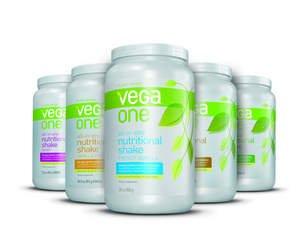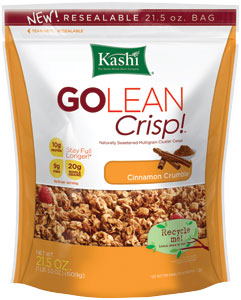Friday, April 17 2015 Paul Hill – Plastics in Packaging
Packaging manufacturer Nampak has called for the dairy industry to maintain its support towards the recycled plastics markets amid a period of uncertainty. The African company has insisted that its support for recycled material and the ensuing environmental benefits have not wavered.
Recycled high density polyethylene (rHDPE) is a widely-used material in the production of milk bottles. However, falling oil prices have led to reports of financial issues at the UK’s largest rHDPE supplier Closed Loop Recycling, with stories circulating that certain dairy companies have switched back to virgin HDPE.
“At Nampak we feel very passionately about upholding the recycled plastics industry in the UK, and we want others to join us in supporting this initiative,” said Eric Collins, managing director of Nampak Plastics. “We have worked hard to make the industry greener and more sustainable through continuously pushing levels of rHDPE in our bottles, and levels are currently at an all time high.
“This issue has been at the very heart of the Nampak business right from the very beginning when we worked with recycling suppliers to introduce rHDPE into milk bottles as a world-first. We will continue to support the industry despite the uncertain economic future and pledge to maintain levels of rHDPE in our bottles.”
Nampak claimed the Green Product of the Year award at the British Engineering Excellence Awards in 2013.






